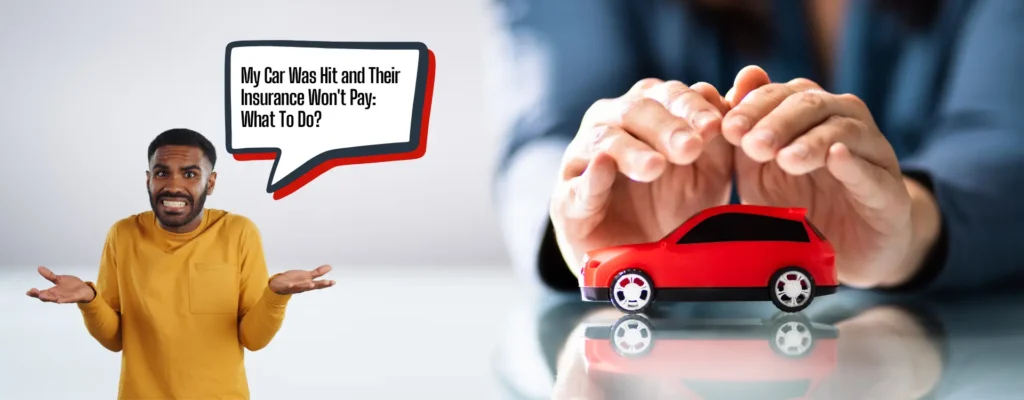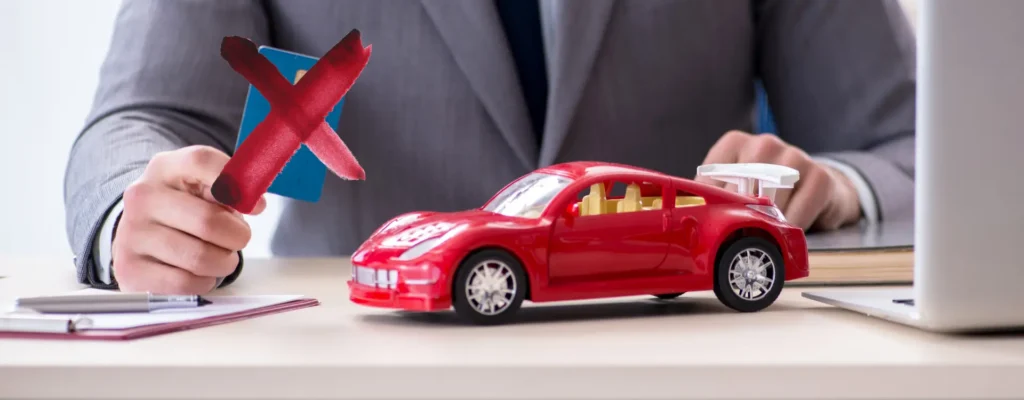
It’s a frustrating situation: your car was hit and their insurance won’t pay. Naturally, after a collision, you expect the at-fault party’s insurance to cover the damages. But instead, you’re met with silence, a refusal, or an outright denial.
When the at-fault party insurance won’t pay for damages that clearly weren’t your fault, it leaves you wondering what steps to take. Whether they dispute liability, claim insufficient coverage, or present policy limitations, each roadblock can add stress and frustration to an already difficult process.
Do you need compassionate support and effective representation?
No fees until we win. Available 24/7.
Why Won’t the At-Fault Party’s Insurance Pay?
Several issues can lead to an insurer’s refusal to pay for damages. Even when it seems clear that the car was hit and their insurance won’t pay, knowing the most common causes of denial can help determine your next steps:
Disputed Fault
Insurers may deny your claim by arguing that their policyholder was not responsible for the accident, even when it appears otherwise.
Policy Limitations
In some cases, the at-fault driver’s coverage may not fully cover the damages. Insurance policies often have limits that, when exceeded, can result in partial or complete denials.
Policy Lapses
If the at-fault driver’s car insurance was expired or canceled at the time of the accident, their policy will not apply, and the insurer has no obligation to pay.
Errors or Discrepancies
Sometimes, missing documentation or mistakes in the claim process can delay or result in the denial of a valid claim.
To address a denial, start by obtaining a formal denial letter from the at-fault party’s insurer. This letter should specify why they are refusing a payout, but if the reason seems unclear, request further clarification. Having a clear reason for denial can help you decide on the appropriate course of action and gather any additional evidence to support your claim if necessary.
Immediate Steps After Receiving a Denial
If the at-fault party’s insurance won’t pay for damages, there are specific steps you can take. Each action below can support your response to the denial and improve your chances of reaching a resolution.
Document All Communication
Use written communication, such as emails and letters, to document your exchanges, as these serve as clear evidence if you need to reference past discussions. Consider creating a file for all correspondence, police reports, repair estimates, and related documents.
Review the Car Accident Report
When fault is disputed, the accident report may contain useful information. Examine it closely for accuracy; if you find any discrepancies, contact the investigating officer to clarify or correct the information.
Contact the At-Fault Party’s Insurance Adjuster
Through a personal injury attorney, reaching out to the insurance adjuster directly can provide an opportunity to discuss the denial in more detail. Approach the conversation professionally, and ask for a specific explanation of the denial. If they claim that their policyholder is not at fault, request further details about their reasoning.
Car Was Hit and Their Insurance Won’t Pay? Escalate the Issue

If the denial persists despite your efforts, consider taking further action.
Request a Claims Review or Appeal
If you disagree with the initial determination, you can formally ask for a claims review. It is important to gather any additional evidence that could support your case, such as witness statements, photos from the scene, or repair estimates.
Consider Mediation or Arbitration
Mediation involves a neutral third party who facilitates discussions between you and the insurer to reach a resolution. Arbitration involves a neutral party making a binding decision after hearing both sides. These methods may be appropriate if you seek a more efficient resolution without going to court.
File a Complaint with the State’s Insurance Commissioner
If necessary, locate your state’s insurance regulatory agency to file a complaint. This process typically involves submitting a formal written complaint detailing your issue with the insurer. State regulators investigate complaints and may mediate issues between consumers and insurers, providing another avenue for resolution.
Alternative Options for Coverage When the At Fault Party Refuses to Pay
When the at-fault party’s insurance won’t pay, explore alternative coverage options. Here are some avenues to consider for compensation or assistance.
Uninsured or Underinsured Motorist Coverage
If the at-fault party lacks sufficient coverage, your own insurance policy may provide relief through uninsured or underinsured motorist coverage (UM/UIM). This type of coverage helps pay for damages resulting from an accident caused by a driver who either has no insurance or inadequate insurance to cover your losses.
Typical coverage limits vary, but many policies offer limits that reflect the state minimum requirements or higher. Expect the claims process to involve submitting relevant documentation, such as the accident report and medical bills, to support your claim.
Collision Coverage
Collision coverage can cover your damages regardless of fault, making it a valuable option when the at-fault party’s insurance is unresponsive. This typically pays for repairs to your vehicle.
Be aware that using this coverage may involve deductible costs, which you must pay out of pocket before your insurer covers the remaining amount. Filing a claim could lead to premium increases, depending on the terms of your policy.
Personal Injury Protection (PIP)
If available in your state, PIP can cover medical expenses and, in some cases, lost wages, regardless of who is at fault for the accident. This typically includes a range of benefits, such as hospital bills and rehabilitation costs. Knowing how PIP operates within your policy can provide valuable support if medical costs arise.
Small Claims Court
If the damages fall within the limits set for small claims court, you may consider filing a claim directly against the at-fault driver.
Begin by gathering evidence, including photographs of the damage, witness statements, and repair estimates. Prepare a clear case by organizing your documentation and outlining your argument. Familiarize yourself with the specific procedures for your local small claims court, as they can vary by jurisdiction.
Get Justice When the At-Fault Party Insurance Insurance Won’t Pay
In certain scenarios, hiring a car accident lawyer will be to your advantage, especially when dealing with substantial damages or injuries. If you find yourself facing considerable property damage, medical expenses, or ongoing pain due to the accident, consulting a lawyer to file a lawsuit is your best step.
Legal representation can be invaluable in cases where liability is disputed or when the extent of property damage exceeds initial expectations. Attorneys have the expertise to assess the details of your case, negotiate with insurance companies, and advocate on your behalf to secure a fair settlement.
Consulting an attorney can also help you determine whether your case has grounds for pursuing further legal action. An experienced lawyer can offer guidance on the merits of your claim and suggest the best course of action based on the specifics of your situation.
File a Lawsuit if They Deny Your Claim. RTM Law Has Your Back.
It’s time to work with a team of experts when your car was hit and their insurance won’t pay.
At RTM Law, we fight for the compensation you deserve. Our experienced car accident attorneys in California are prepared to advocate for your rights and handle the intricacies of insurance claims on your behalf.Contact us today to discuss your case and discover how we can assist you in achieving a fair resolution. Your recovery starts here. NO FEES UNTIL WE WIN.
Do you need compassionate support and effective representation?
No fees until we win. Available 24/7.




